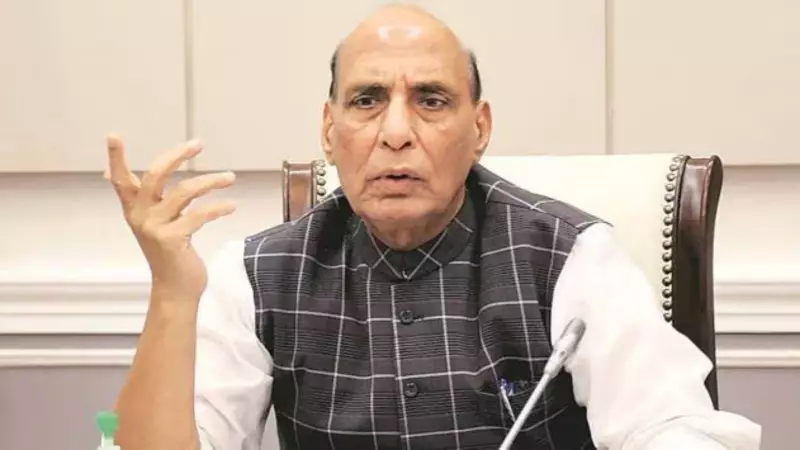
In a landmark decision that signals India's commitment to military modernization, the Defence Ministry has approved procurement proposals worth a staggering ₹79,000 crore. This massive investment, cleared during a high-level meeting, represents one of the most significant defence acquisition moves in recent years.
Strategic Boost for Indigenous Defence Manufacturing
The approvals include nine critical procurement proposals, with a remarkable 98% of the total amount – approximately ₹77,000 crore – earmarked for domestic industries. This strategic move aligns perfectly with the government's 'Aatmanirbhar Bharat' (Self-Reliant India) initiative, providing a substantial boost to the country's defence manufacturing ecosystem.
Defence Minister Rajnath Singh emphasized that these acquisitions will significantly enhance the operational capabilities of the Indian Armed Forces while creating numerous employment opportunities and boosting the domestic economy.
Key Defence Acquisitions Approved
The comprehensive procurement plan includes several crucial systems designed to strengthen India's defence posture:
- Maritime Reconnaissance and Multi-Mission Aircraft for the Indian Navy
- Advanced Electronic Warfare Suites for deployment along land borders
- Enhanced BrahMos Cruise Missiles for naval platforms
- Close-in Weapon Systems (CIWS) for naval ship protection
- High-Power Radar Systems for the Indian Air Force
- New Generation Fighter Aircraft Engines for Su-30 MKI fleet
- Long-Range Stand-off Weapons for aerial platforms
Focus on Naval and Air Force Capabilities
The procurement decisions demonstrate particular emphasis on enhancing maritime surveillance and air combat capabilities. The maritime reconnaissance aircraft will significantly boost the Indian Navy's ability to monitor vast ocean territories, while the electronic warfare systems will provide critical advantages in land border scenarios.
The approval for new engines for the Su-30 MKI fighter fleet addresses a crucial maintenance and operational requirement, ensuring the continued effectiveness of one of the Air Force's primary combat aircraft.
Economic and Strategic Implications
This massive defence procurement package represents more than just military enhancement. The overwhelming focus on domestic sourcing is expected to:
- Generate substantial employment across the defence manufacturing sector
- Boost research and development in defence technologies
- Strengthen the domestic defence industrial ecosystem
- Reduce dependency on foreign defence imports
- Position India as a growing defence manufacturing hub
The timing of these approvals underscores India's commitment to maintaining strategic autonomy while ensuring its armed forces remain equipped with cutting-edge technology to address contemporary security challenges.





